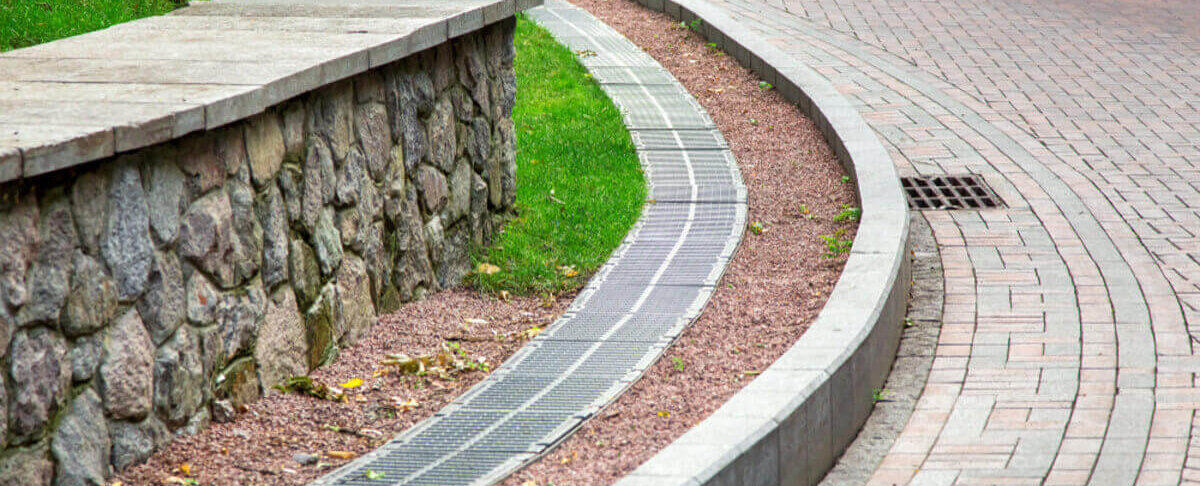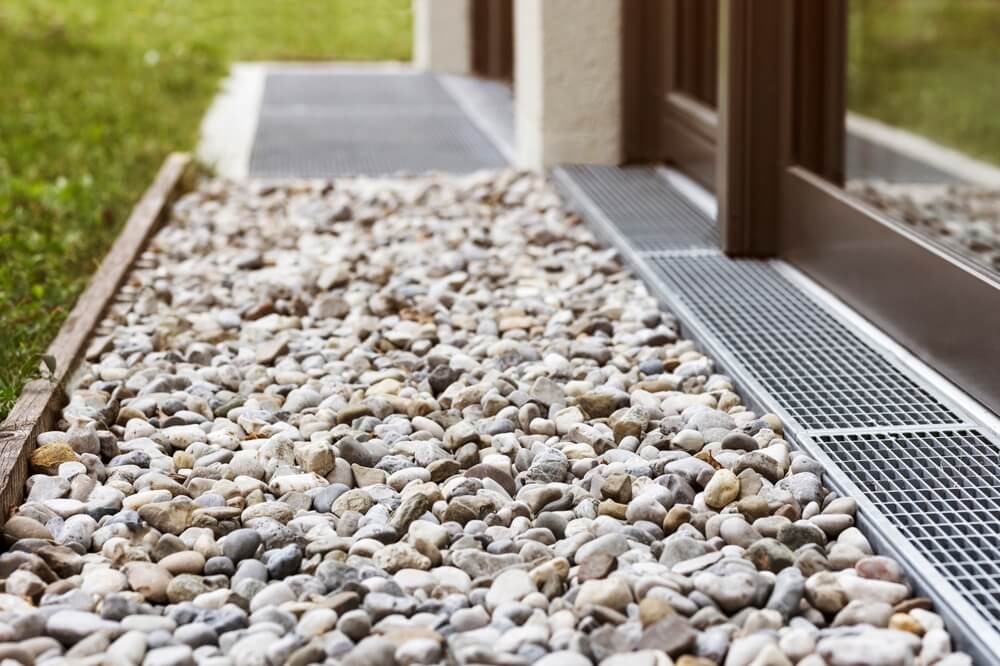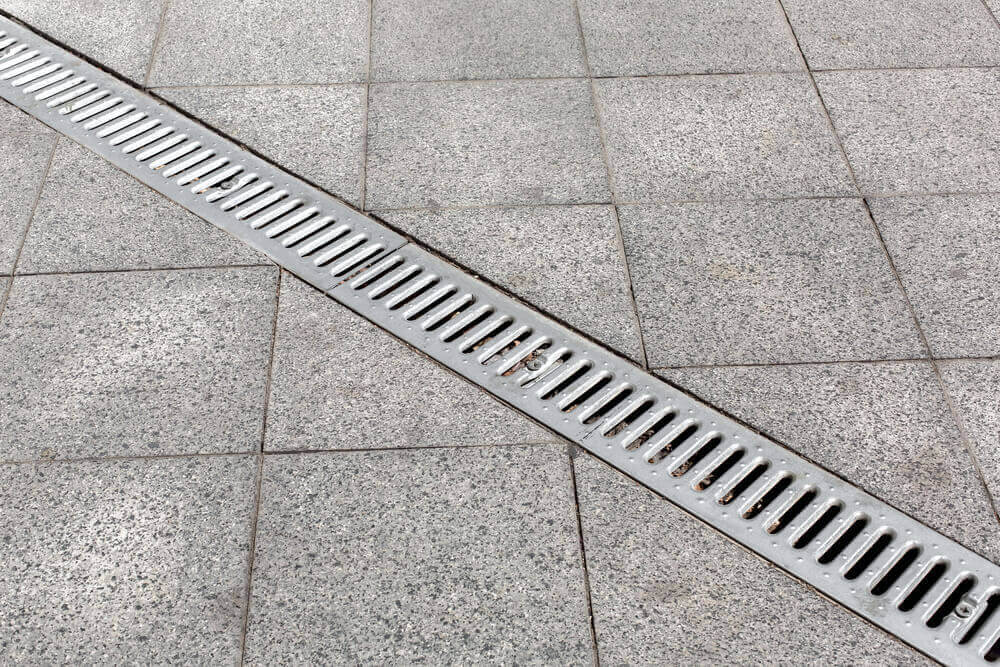Choosing the right drainage solution for your concrete driveway is an essential step in maintaining its longevity and functionality. The ideal drainage system will depend on several factors, including the local climate, the slope of your driveway, and your personal preferences for aesthetics and maintenance.
Why Is Drainage Important for Concrete Driveways?
Drainage is a fundamental aspect of concrete driveway construction and maintenance. It plays a critical role in preserving the structural integrity of the driveway and protecting the home from potential water damage. Without proper drainage, water can accumulate on the surface of the driveway, leading to various problems.
Water pooling on a concrete driveway can seep into the material, gradually causing cracks and potholes. This issue becomes particularly severe during colder months when the water freezes and expands, leading to further damage. Additionally, water that isn’t appropriately directed away from the home can result in water seepage into the foundation, which could cause significant structural issues over time.
Type of Drainage Solutions for Concrete Driveways
Trench Drains
Trench drains, also known as channel drains, are a popular drainage solution for concrete driveways. They consist of a trench cut across the driveway, covered by a grate to allow water in while keeping debris out.
Channel Drains
Channel drains are similar to trench drains but are typically narrower and shallower. They are ideal for areas that experience moderate rainfall. These drains are installed into the concrete of the driveway, creating a channel that catches and redirects water.
French Drains
French drains are another effective drainage solution for concrete driveways. They consist of a trench filled with gravel or rock, containing a perforated pipe that redirects water away from the driveway. French drains are typically used to prevent groundwater from damaging foundations, but they can also be used to protect driveways from water runoff.
Swales
Swales are shallow, wide ditches designed to manage water runoff by slowing it down and directing it towards a specific area. They are typically filled with vegetation or rocks to help filter the water as it flows through.
Dry Wells
Dry wells are another type of drainage solution that can be used for concrete driveways. They are essentially pits filled with gravel or crushed stone, designed to receive water and let it percolate slowly into the ground.
Choosing the Right Drainage Solution for Your Concrete Driveway
If your area experiences heavy rainfall, a more robust system like a trench drain or a dry well may be necessary. Trench drains are designed to handle large volumes of water, efficiently directing it away from your driveway and home. Dry wells, on the other hand, allow water to percolate slowly into the ground, making them an excellent choice for areas prone to flooding or pooling.
For gently sloping driveways, a French drain could be a good option. These drains use a perforated pipe buried in a gravel-filled trench to redirect water away from the driveway. They’re particularly effective at managing groundwater and preventing it from damaging your driveway.
Channel drains are another option worth considering. They’re typically narrower and shallower than trench drains, making them a less intrusive choice. Swales are an eco-friendly option that not only manage water runoff but also help to replenish groundwater levels.
Finding the Best Draining Solutions for Your Family
Finding the best drainage solution for your family’s property is crucial to prevent water damage and maintain the longevity of your driveway and home. From trench drains, French drains, and channel drains to dry wells and swales, there are various options to consider based on your specific needs and environmental factors. Don’t wait until water damage becomes an issue; reach out to our Richfield Blacktop team today to discuss the best drainage solutions for your property.






